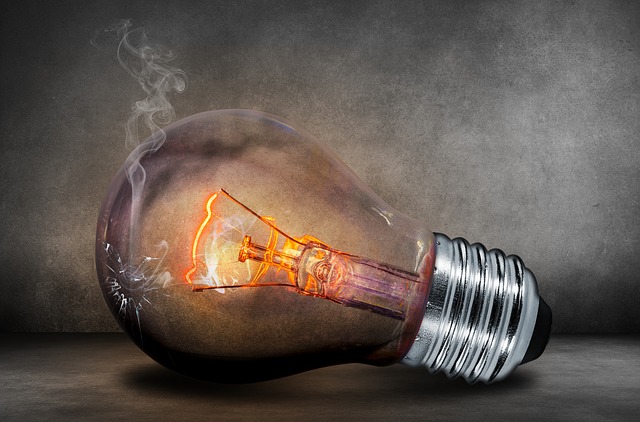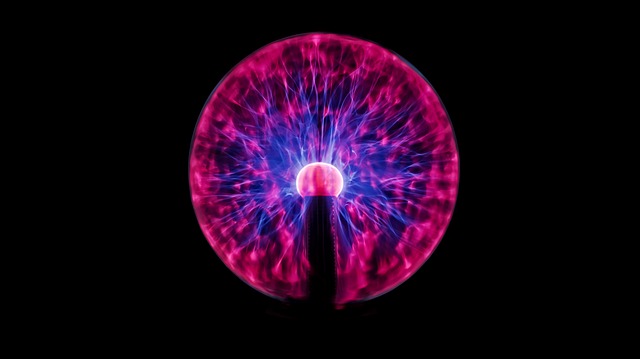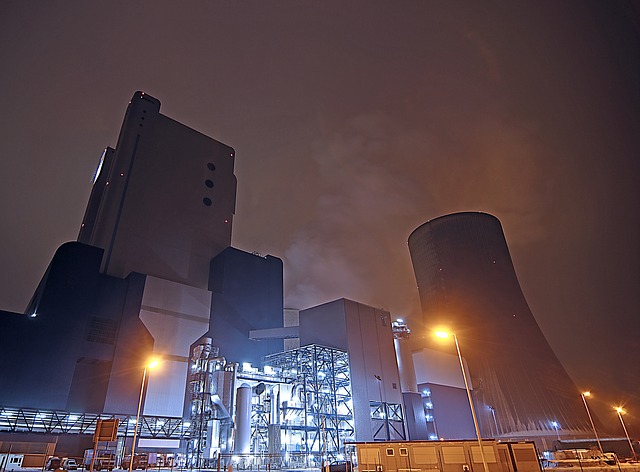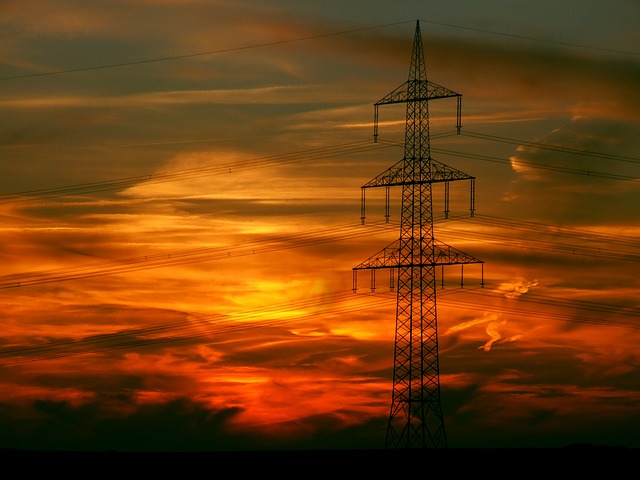We are so fortunate having one of the safest national electricity supplies in the world. Sometimes we may grumble about the cost but when we consider the hundreds of times a day we rely on this silent, invisible resource, there is so much to rejoice about. We are now moving away from coal fired energy entirely, our national grid is supplied by a variety of ways and we still rely on other fossil fuels suh as natural gas. The use of nuclear power stations accounts for just under 20 percent of the UK electricity and is projected to rise to about a third by 2035. There are currently 15 operaitonal nuclear reactors which are based across 7 locations – advaned gas colled reactors and one pressurised water cooled reactor. The rest of our energy is imported via very complex system across europe. So we do have a wide variety of sources to provide this essential resource. Our safety record is tremendous – the training of operational teams second to none. This ripples down to the service work by contractors a local domestic level. All electrical contractors have to be trained, qualified and hold certification.



